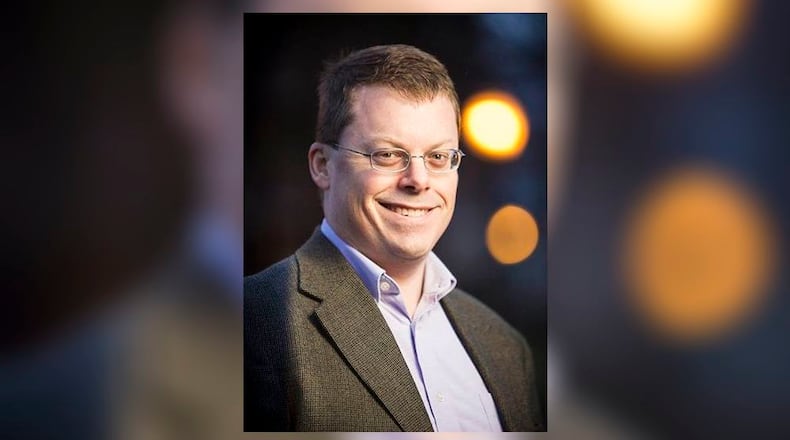Putin has been deploying his version of history to justify any invasion of Ukraine, including the one that he has already gotten away with, when he took Crimea in 2014 and made it part of Russia. That historical narrative is incorrect and needs to be countered.
Ukraine, Putin argues, is actually not an independent country. Rather, it is part of Russia, even if it does not acknowledge that. This is false. What is true is that beginning in the tenth century, there was a polity, eventually a kingdom, in eastern Europe which was called Rus. This polity was ruled from Kiev (Kyiv) and extended north to the Baltic and south to the Black Sea. Over time, this kingdom fractured into multiple competing polities, and much later, the town of Moscow began to rise in power, in part under the Mongol empire known as the Golden Horde. Moscow became the center of an expanding empire of its own, eventually becoming the Russian Empire of the Romanov tsars which lasted until 1917 and the Bolshevik Revolution.
President Putin’s claim is that the Kievan-centered polity of Rus was the progenitor of Russia and thus, Russia should claim all things that were ever controlled by Rus. This is fallacious, on its face. Russia is not Rus. One-thousand years have elapsed between the medieval polity of Rus and the modern state of Russia. The claims made by Putin are no different than the claims made by Otto von Bismarck in the 19th century that anyone who spoke German should be part of the German nation. This worked out for Bismarck in the 19th century, but two centuries later we are far removed from the ethics and ideals of that time. In the twenty-first century we should understand that invading and violating a country’s sovereign borders is unacceptable. A sentiment with which Russia agreed when they signed the 1994 Budapest Memorandum which stipulated that the borders and sovereignty of Ukraine would be respected. There was no mention then of historical justifications for invasion, and there should not be now.
Christian Raffensperger is Chair of History and a professor at Wittenberg University.
About the Author
